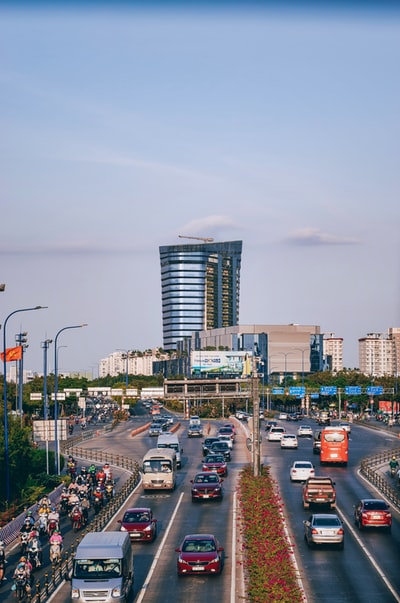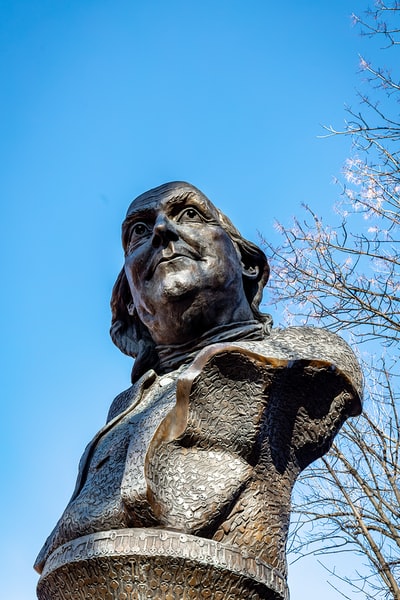 Things became much more tense after some rallies led to violence against the protestors.
Things became much more tense after some rallies led to violence against the protestors.
* At the Kent State University Protest of 4th March 1970, the US National Guard killed four demonstrators. Four million students across the country went on strike in response.
* The conflict between pro- and anti- war groups was played out in Washington through the Fulbright Hearings of 1971. These involved a committee of members of the Senate hearing testimony from different groups relating to the War, with both those in favour and those against giving their side of the story. Many of those who spoke against the war had participated in it, and what they recounted shocked many people.
——————————————————
The Attitude of the American Public

President Lyndon B. Johnson’s job of convincing the American public to back the war was made a lot worse by both the fact that it went so badly, and also by the fact that Americans were able to see the full horrors of the war in a way that previously wasn’t possible. By the 1960s, most American homes had a television. At the same time, television news reporting had come on leaps and bounds. People had a much clearer idea of what was going on in Vietnam – it was brought into their living rooms each night.
Until about 1967, the coverage of the war wasn’t quite so negative. This was partly because the military repeatedly said that the war was going well, and many journalists were happy to go along with it. And as a consequence, opposition to the war was confined to a minority of students and pacifists.
——————————————————
1968: Opposition Begins to Grow

The focus of the media began to change. Instead of focusing on optimistic soldiers about to ship out, they reported on the most negative sides of the war, such as the My Lai Massacre, the trial of its ringleader, Lieutenant William Calley, the following year, and the planes returning to the States containing the bodies of dead soldiers. All these stories provoked widespread outrage as the full horrors of the war emerged.
More and more Americans came to side with the anti-war movement. The original grouping of students, hippies and mothers who saw their sons drafted was joined by groups such as journalists, academics and veterans of the war. Protest rallies started to have attendances of over 100,000 people, at which speakers ridiculed the military’s claims that the war could be won and highlighted the escalating death toll of both Americans and innocent Vietnamese.